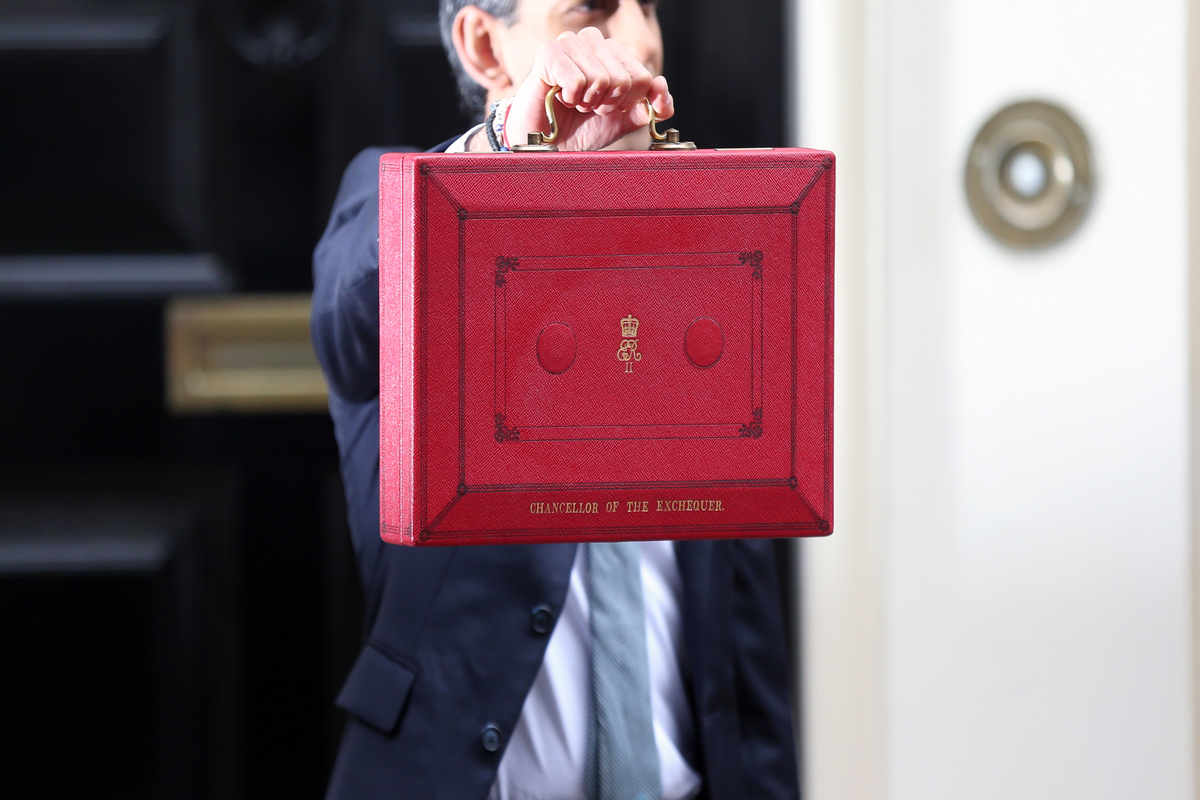Dear visitor,
You're reading 1 of your 3 free news articles this quarter
Register with us for free to get unlimited news, dedicated newsletters, and access to 5 exclusive Premium articles designed to help you stay in the know.
Join the UK's leading credit and lending community in less than 60 seconds.
Higher inflation to wipe out public service spending hike
Households and public services are going to be squeezed by higher inflation, according to new analysis from the Institute for Fiscal Studies (IFS).

Senior Journalist, covering the Credit Strategy and Turnaround, Restructuring & Insolvency News brands.
The findings from the economic research institute come ahead of the chancellor’s spring statement, due on 23 March. And while this was not supposed to be a major fiscal event, the IFS says rapidly rising inflation and the onset of Russia’s invasion of Ukraine might force Rishi Sunak to produce more than just a new set of economic and fiscal forecasts.
Among the issues that will cause these far-reaching economic challenges, according to the IFS, include households and public services being squeezed by higher inflation, the economy rocked by heightened uncertainty, and the public finances being buffeted by the fallout from Ukraine.
Higher inflation is also set to wipe out at least a quarter of the real terms increases to public service spending announced back in October. If the government were to reflect this in higher public sector pay awards, it would come to an additional cost of around £10bn - or around £1,750 per worker.
Shifting its focus to household budgets, the IFS says - just to provide the degree of protection against higher prices he intended back in February - Sunak could need to find more than £12bn. This is on top of the £9bn already committed.
Its analysis suggests the chancellor has at least three big calls to make. Firstly he will either have to spend and borrow billions more, or allow a hit to household incomes to become bigger than at any time since at least the financial crisis and quite possibly since the 1970s.
He’s also going to have to decide whether to impose severe real pay cuts on public sector workers - on top of big cuts over the last decade - or spend much less than intended on other aspects of public services.
Alongside this, he will either have to leave defence spending as the only main element of government spending to fall over the next three years or find more money from additional borrowing.
Commenting on its findings, the IFS’ director Paul Johnson said: “At the spring statement Rishi Sunak has to make a huge judgement call. Will he do more to protect households from the effects of energy prices which have risen even further in the last two weeks?
“If he doesn’t then many on moderate incomes will face the biggest hit to their living standards since at least the financial crisis. If he does, then there will be another big hit to the public finances.”
Even before Russia’s invasion of Ukraine, consumer price inflation was expected to reach 7.3% in April. Now, for the poorest households - who spend a much bigger fraction of their budgets on energy fuel - the inflation rate was expected to be more than nine percent.
The IFS says richer households will be less affected by rising energy prices, and thus will face a lower rate of inflation, but be much harder hit by the increase in National Insurance and the freeze to income tax thresholds.
And the chancellor’s February package of support measures will only partially cushion the blow for the majority of households - with the hit to households from rising energy prices in the coming year to be £18bn. The chancellor’s package of measures in February implied an outlay of £9bn on measures to support households with these rising bills.
But rises in energy prices since the Russian invasion of Ukraine could, according to the IFS, increase the hit to households to around £43bn. This means the chancellor’s package of measures would only offset about one fifth of the rise in household energy bills.
As a result of this, living standards will suffer across the board. If the chancellor does decide a further round of support is warranted, the economic research institute says he will need to decide whether to continue with his broad-based approach - giving flat rate payments to a large number of households - or whether to target additional support at those least able to weather the storm.
The IFS’s research shows that, in order to achieve the level of protection he was aiming for in February, he would need to spend something like another £12.5bn on top of the £9bn outlay already committed.
Stay up-to-date with the latest articles from the Credit Strategy team
Get the latest industry news





